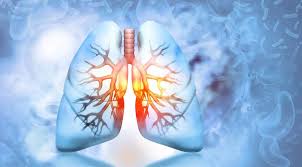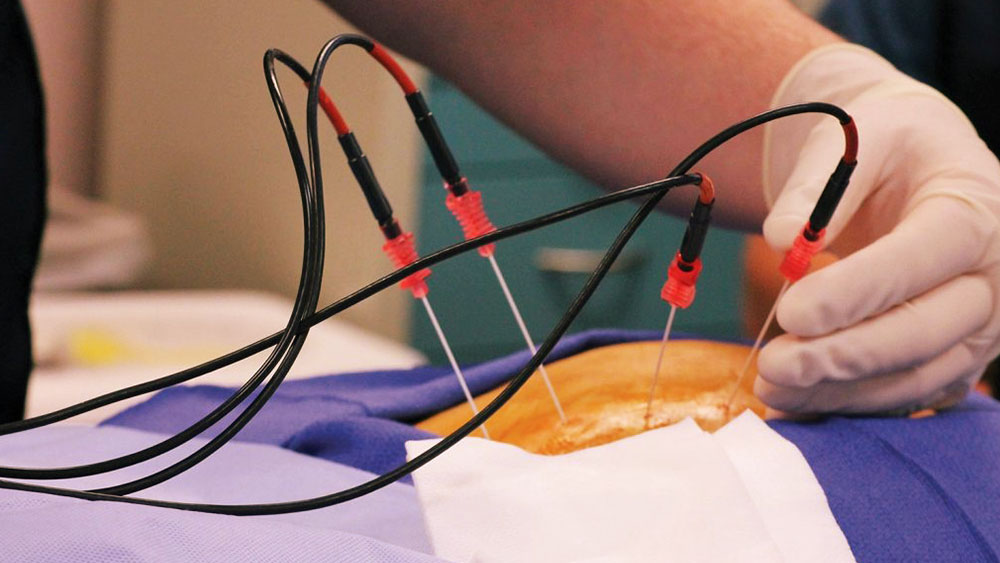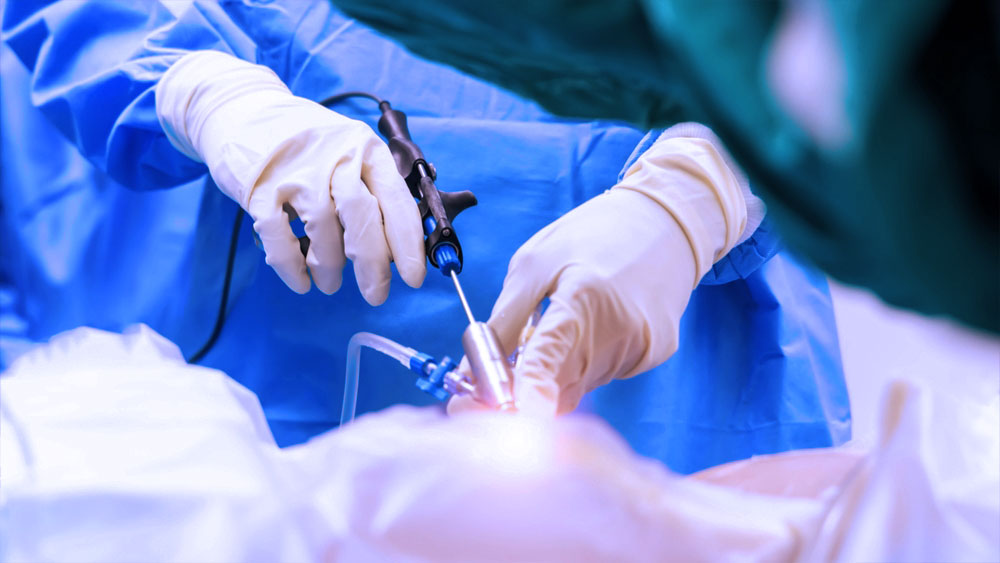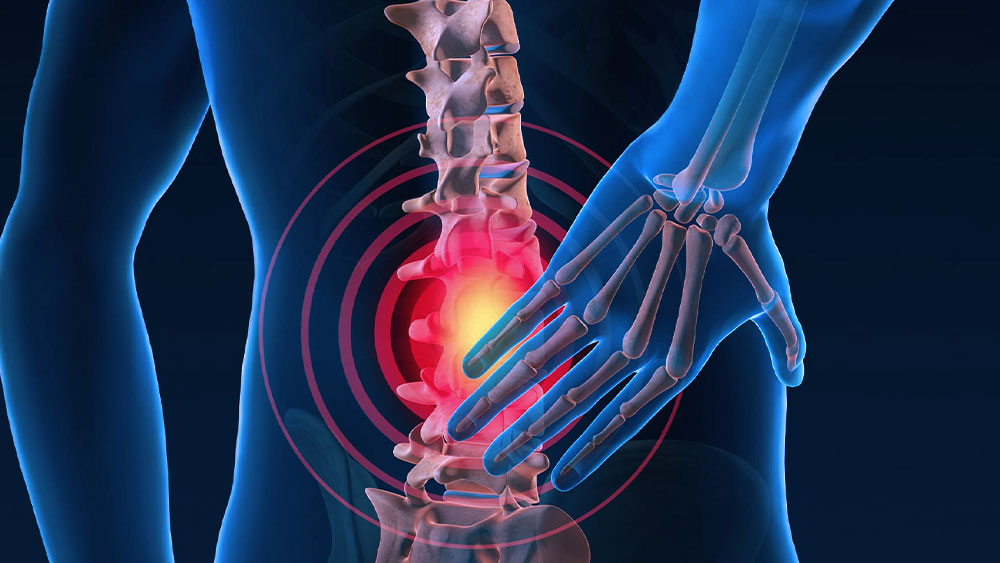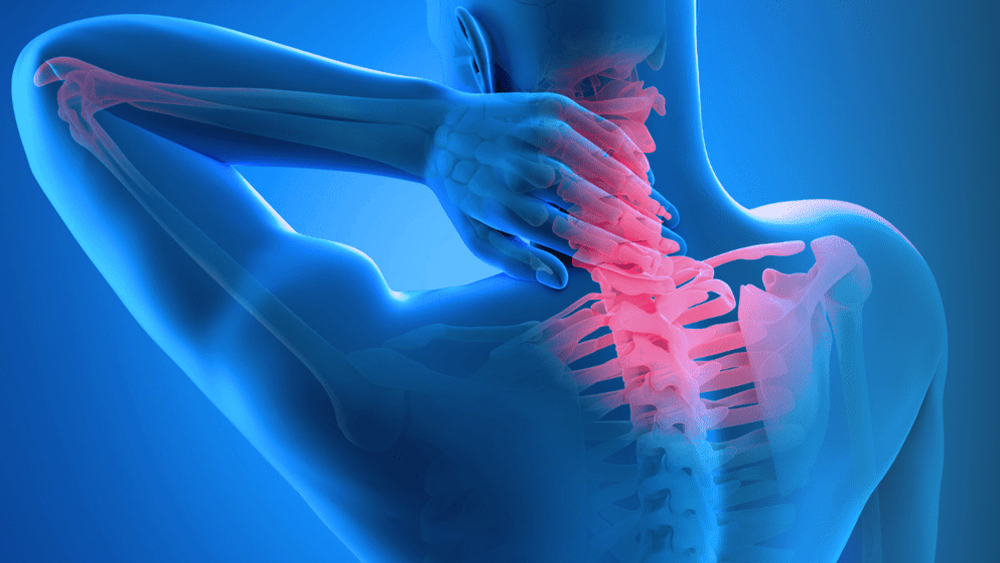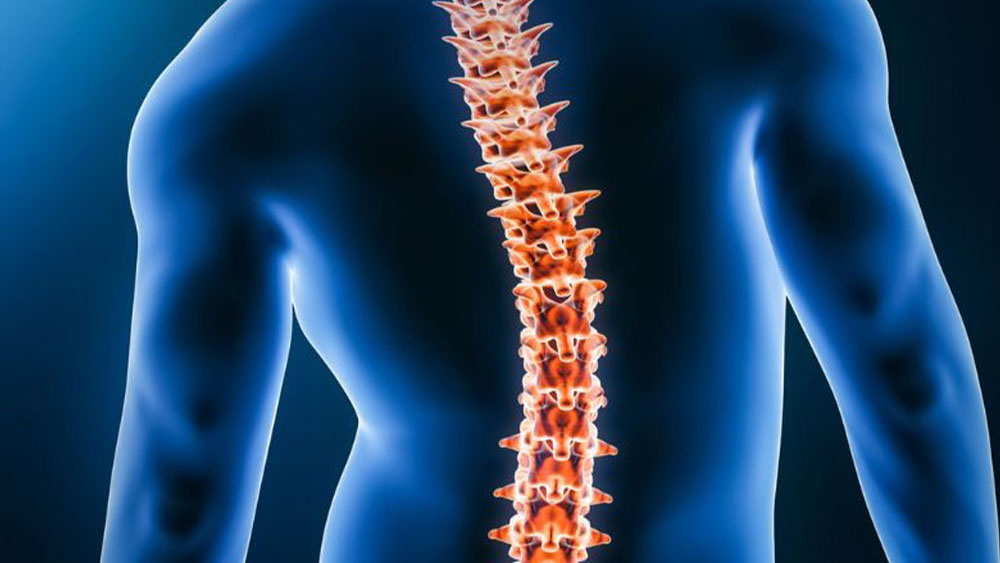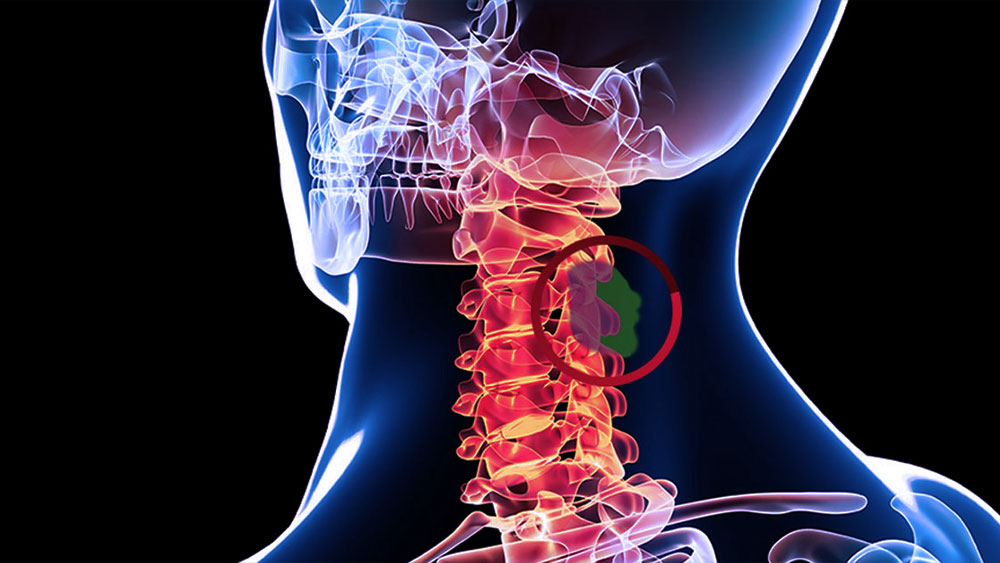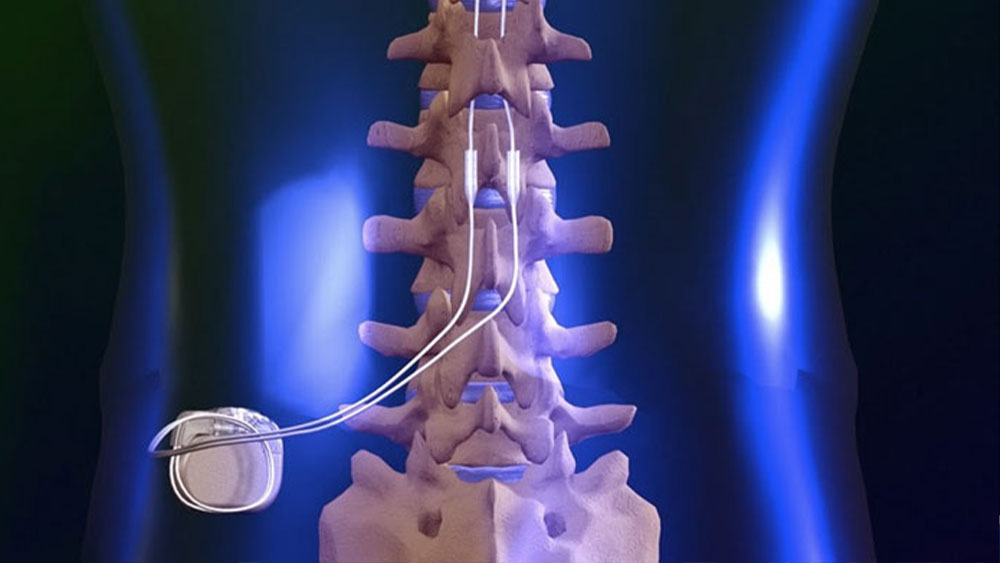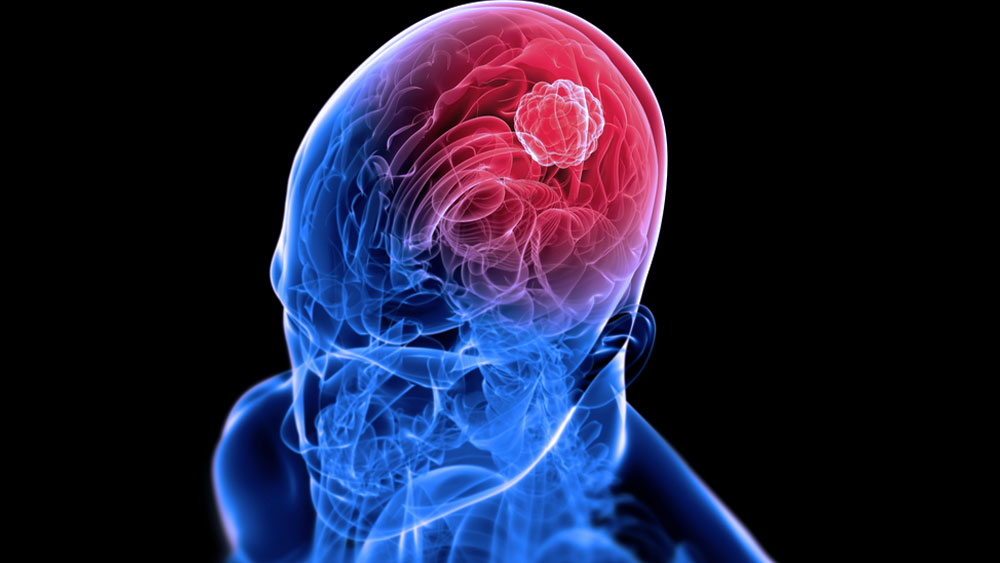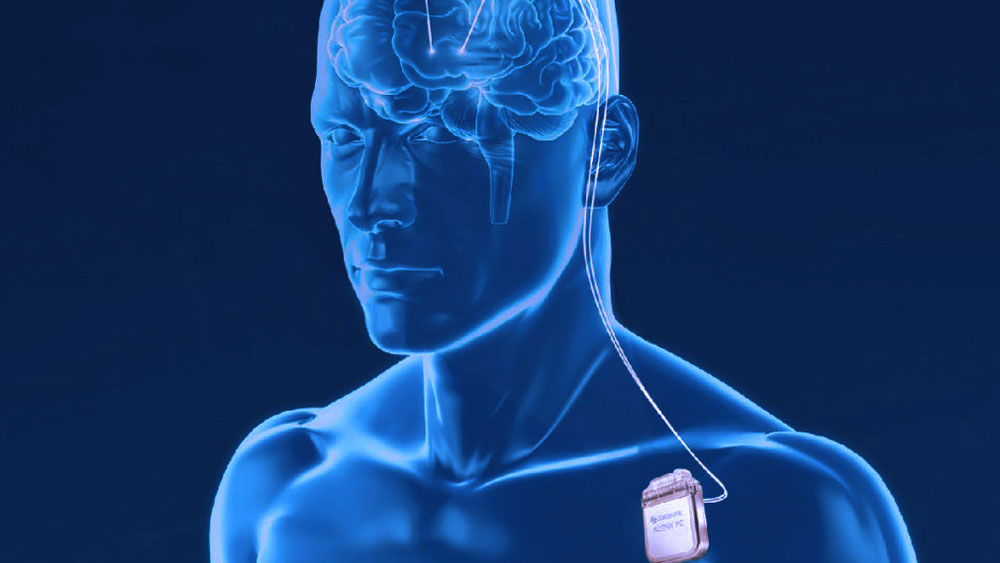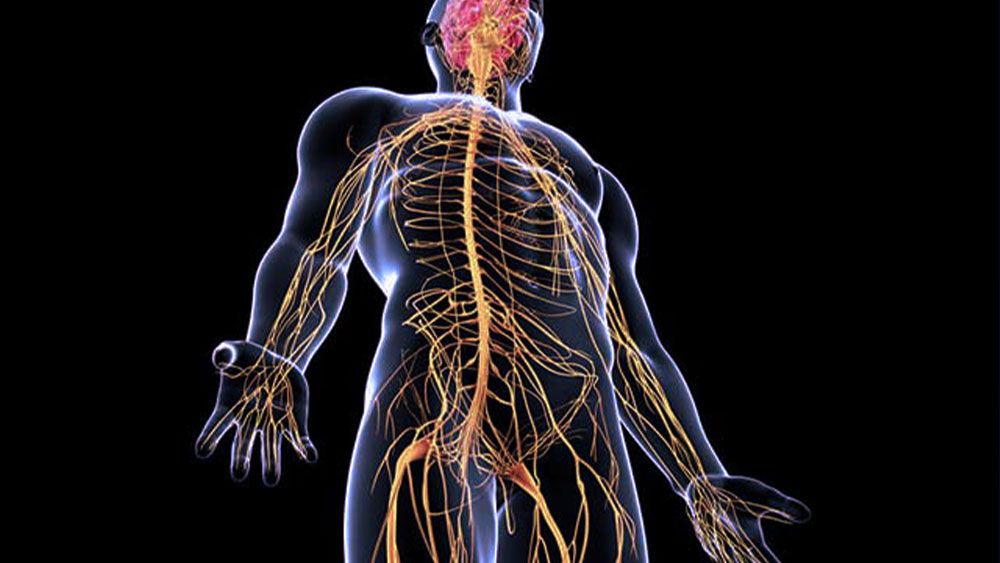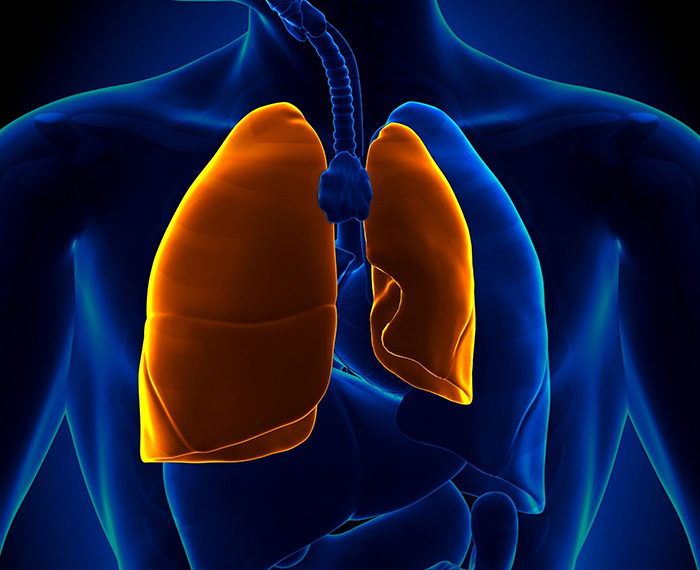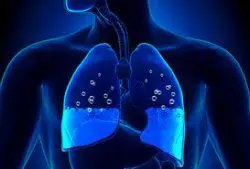What is a Hydatid Cyst?
A disease caused by the parasite E. granulosus, forming cysts in various organs.
-
Most commonly affects the liver and lungs.
-
More frequent in rural areas with livestock and in people who interact with stray dogs.
Treatment Options
-
Medication: Albendazole; mainly for patients unsuitable for surgery or to reduce recurrence.
-
Surgery: Removal of cysts; the most effective treatment and improves patient comfort.
Why Surgery is Needed
-
Cysts grow and may spread to other organs (liver, kidney, brain).
-
Can cause serious complications such as breathing difficulties, bile duct obstruction, or brain pressure.
Surgical Techniques
-
Open Surgery: Chest opened between the 5th–6th ribs; cysts carefully removed to prevent spillage into the thoracic cavity.
-
Closed / Endoscopic Surgery: Uses 5–10 mm cameras; minimally invasive, requires advanced experience, better postoperative comfort.
Surgery Risks
-
Relation to other organs, size, ruptured or intact cyst
-
Patient’s age and overall health
-
Postoperative air leak, infection, prolonged drainage
Hospital Stay
-
Average 3–4 days

